Synopsis
Giant pandas have many distinct characteristics, from their diet to their flexible paws, which set them apart from other bears.
- Programme: Wild China
- Episode: Land of the Panda
- Channel: BBC Two
- Broadcast year: 2008
- Biology | Ecology | Adaptations, interdependence and competition | Adaptations
Licence: ERA Licence required
UK only
Staff and students of licensed education establishments only
Cannot be adapted
Add Notes
More clips from Wild China
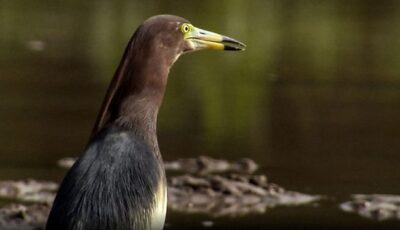
1: Heart of the Dragon | Wild China
1: Heart of the Dragon | Wild China
The hills of Guilin and the fishermen of the Li River form the heart of this exploration of the rice-growing cultures and strange creatur...
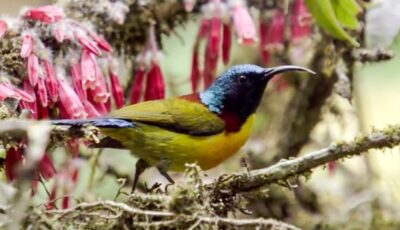
2: Shangri-La | Wild China
2: Shangri-La | Wild China
In China's far south west, rich jungles nestle below towering peaks. Jewel-coloured birds and ancient tribes share forested valleys where wild ele...
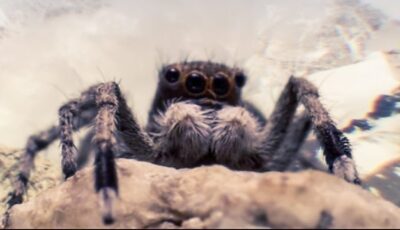
3: Tibet | Wild China
3: Tibet | Wild China
This episode looks at the remote Tibetan Plateau, home to chiru antelopes, wild yaks and bears.
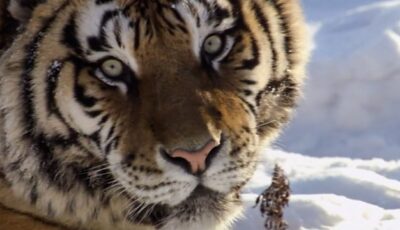
4: Beyond the Great Wall | Wild China
4: Beyond the Great Wall | Wild China
From tribes hunting with eagles to the baking deserts of central Asia, the extreme landscapes in northern China mean life is always on ...
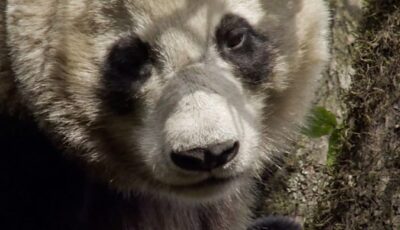
5: Land of the Panda | Wild China
5: Land of the Panda | Wild China
China's heartland is the centre of a 5,000-year-old civilization and home to the giant panda, golden snub-nosed monkey and the golden takin.
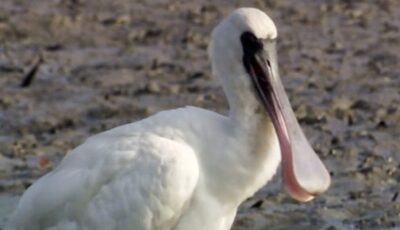
6: Tides of Change | Wild China
6: Tides of Change | Wild China
A look at how tea-growing cultures, bird-filled wetlands and futuristic cities jostle along China's eastern seaboard in a battle for resources.
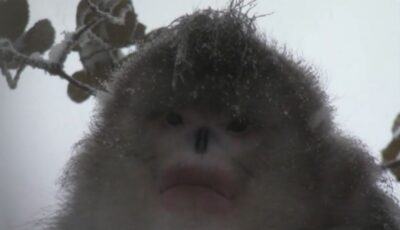
Yunnan snubnosed monkey | Wild China
Yunnan snubnosed monkey | Wild China
High in the mountains of China lives the yunnan snub-nosed monkey.
More resources about Living Things and Their Habitats
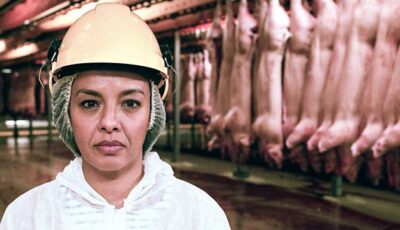
Meat: A Threat to Our Planet?
Meat: A Threat to Our Planet?
From colossal farms in America to the destruction of the Amazon, Liz Bonnin investigates how our hunger for meat is killing our planet.
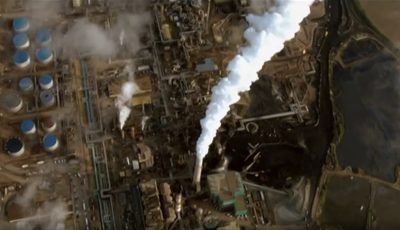
Greenhouse Gases | Climate Change: The Facts
Greenhouse Gases | Climate Change: The Facts
A discussion of the devastating impact of burning fossil fuels.
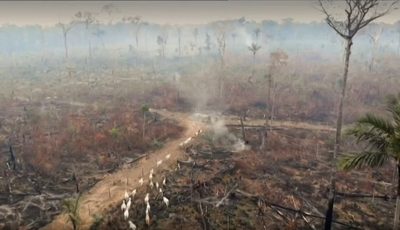
Amazon deforestation | Meat: A Threat to Our Planet?
Amazon deforestation | Meat: A Threat to Our Planet?
Liz Bonnin witnesses the devastation of the Amazon rainforest from the sky.
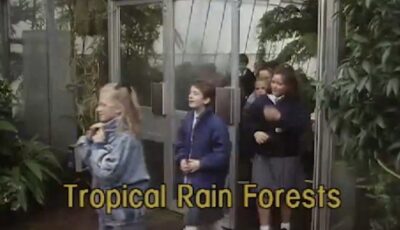
03: Destroying the Forest | Landmarks
03: Destroying the Forest | Landmarks
By the next century, the rainforests of the world could have disappeared for ever, destroyed by outside influences and economic pressur...
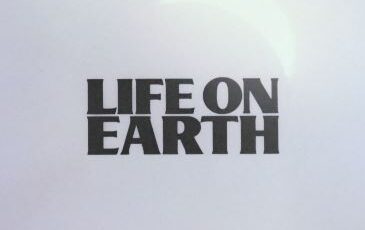
9: The Rise Of The Mammals | Life On Earth
9: The Rise Of The Mammals | Life On Earth
Mammals have proved to be one of the most adaptable products of evolution. David Attenborough looks at their evolution from reptil...
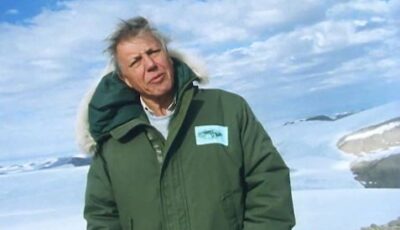
Plants in cold environments | The Private Life of Plants
Plants in cold environments | The Private Life of Plants
David Attenborough describes how certain plant species adapt to cold weather.
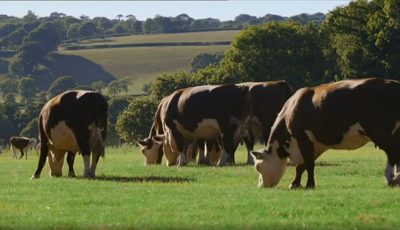
Sustainable meat production | Meat: A Threat to Our Planet?
Sustainable meat production | Meat: A Threat to Our Planet?
Liz Bonnin discusses the importance of understanding the process behind the meat we eat (warning: this clip conta...
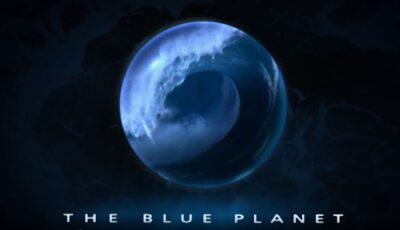
The Blue Planet
The Blue Planet
David Attenborough narrates a natural history of the oceans. We travel to the depths of the seas to reveal a spectacular variety of life, some never filmed b...
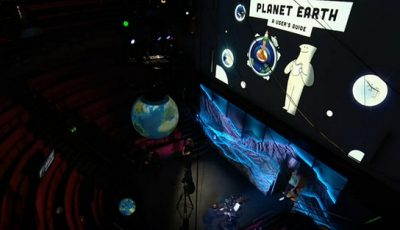
The carbon cycle and global warming | Royal Institution Christmas Lectures
The carbon cycle and global warming | Royal Institution Christmas Lectures
The carbon cycle process is being overwhelmed by the amount of carbon dioxide released into the at...

04: Saving the Forest | Landmarks
04: Saving the Forest | Landmarks
Despite the destruction, there are ways to save the forest, by careful harvesting, protecting, learning, replanting, policing - and campaig...
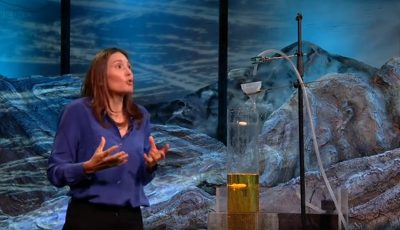
Carbon in the ocean | Royal Institution Christmas Lectures
Carbon in the ocean | Royal Institution Christmas Lectures
Dr Helen Czerski explains how carbon is incorporated into the ocean and how the increase in carbon intake is impac...
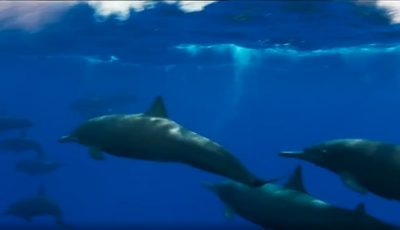
The boiling sea | Blue Planet II
The boiling sea | Blue Planet II
Lantern fish provide a rare banquet for some of the ocean’s top predators.

01: The Living Forest | Landmarks
01: The Living Forest | Landmarks
The Living Forest looks at all the animals & plants that live in the forest on the ground to the forest canopy, & shows how they live in ba...
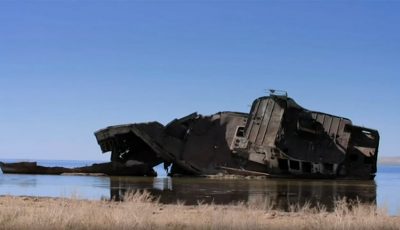
Cotton production and the Aral Sea crisis | Stacey Dooley
Cotton production and the Aral Sea crisis | Stacey Dooley
Stacey Dooley visits the Aral Sea Basin in Kazakhstan, which has almost entirely dried up due to cotton production.
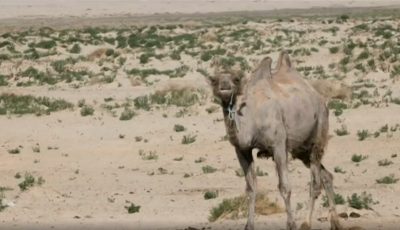
Environmental impact on the Aral Sea | Stacey Dooley
Environmental impact on the Aral Sea | Stacey Dooley
Stacey Dooley visits the Aral Sea Basin in Kazakhstan, which has almost entirely dried up due to cotton production.
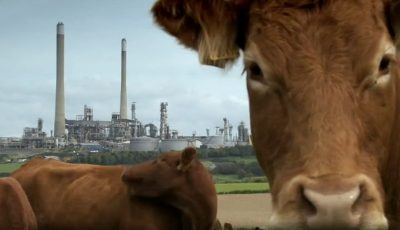
Fossil fuels behind every day food | Natural World
Fossil fuels behind every day food | Natural World
Rebecca Hosking goes through the fossil fuels involved in creating a shop bought sandwich.
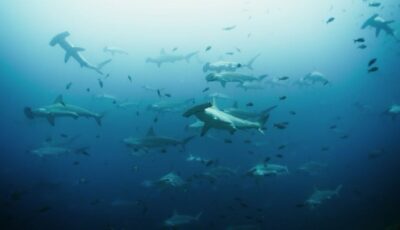
Importance of marine protected areas | A Perfect Planet
Importance of marine protected areas | A Perfect Planet
Spec references J247: B6.1b, B6.1c, B6.1d J250: B6.1b, B6.1c. How an increase of carbon dioxide and overfishing impac...
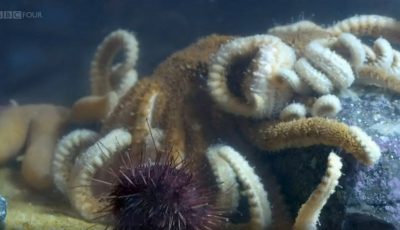
Life in icy environments | The Secret Life of Ice
Life in icy environments | The Secret Life of Ice
Dr Gabrielle Walker investigates how life has evolved in icy underwater environments.
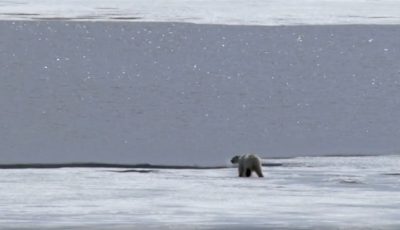
Polar bears' habitat under threat from glacial melt | Planet Earth
Polar bears' habitat under threat from glacial melt | Planet Earth
David Attenborough discusses the effects on polar bears of melting Arctic ice caused by global warming.
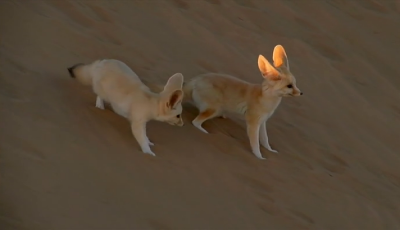
The smallest fox with the biggest ears! | Super Cute Animals (video)
The smallest fox with the biggest ears! | Super Cute Animals (video)
The fennec's ears help it to survive in the heat of the desert dunes.
